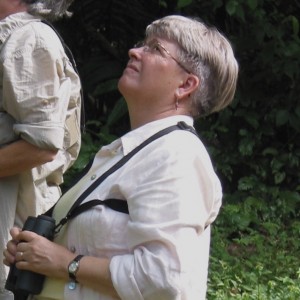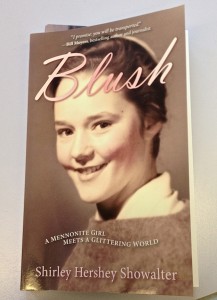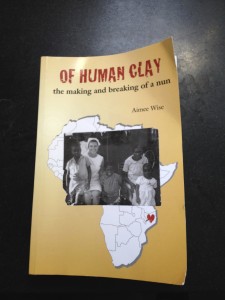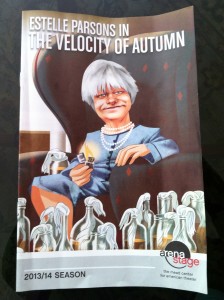 Life is good, but it isn’t always easy. One day the car breaks down and you’re late for your appointment with the IRS, who says you owe them money. On the opposite kind of day, you win the lottery and rush out to buy a new car. The in-between days find you smelling the roses, with a bunch of crappy, little things all going wrong. You have to work harder to find your center.
Life is good, but it isn’t always easy. One day the car breaks down and you’re late for your appointment with the IRS, who says you owe them money. On the opposite kind of day, you win the lottery and rush out to buy a new car. The in-between days find you smelling the roses, with a bunch of crappy, little things all going wrong. You have to work harder to find your center.
My buddy, Sam, developed a hot spot on his tail a week or so ago. He’s been riddled with all sorts of allergies since we adopted him back in August of 2003. The worst are food allergies. A little over a year ago, with the help of a new vet, we found food that he likes and doesn’t make him sick.
But there are all sorts of other things that he’s allergic to. At this time of year when all the leaves are down and the air is filled with leaf mold, Sam itches like crazy. He tries to be patient with it, but the result is often a hot spot, that has gone bald because of his constant scratching, licking and sometimes chewing. It gets infected and then we have a problem on our hands that requires antibiotics.
I’m kind of allergic to this time of year and have been a bit out of sorts myself over the last few weeks. It’s my usual holiday state of mind. There’s too much to do, too many expectations, and the whole world seems to be melting down around me. And beyond Ferguson, the state of the Middle East, and all sorts of other issues going down, it’s been a particularly difficult year for the city of Charlottesville and the University of Virginia.
First there was the disappearance and tragic death of Hannah Graham. Now we’re dealing with the Rolling Stone’s article about the “rape culture,” at Thomas Jefferson’s university, just two blocks from my house. The editors are now backpedaling, saying that some of what was originally reported isn’t true. Thankfully, the powers that be at the University are not letting the issue rest and are working to make sure all students, especially women, feel cared for and safe in what has become a questionable environment.
Whether you’re connected with the University or not, what’s been happening around us is affecting all of those who live here. When Hannah Graham’s body was found, a friend, who lives elsewhere, asked how such a horrendous thing could happened in such a beautiful and peaceful place like Charlottesville. My response was that bad things happen everywhere. Beauty has nothing to do with it. It’s just the way things are and we each react to these events in our own way. But when it’s happening down the street, events like these can cast a shadow over an entire community. We like to think that where we live is the best place in the whole world and that things like murder, racism, and acts of brutality, don’t happen here.
The other day I overheard an acquaintance, say, “It’s so cold out, even the ‘bums’ aren’t out today.” She was referring to our area’s large homeless population. I was horrified. I wanted to shake some sense into her head. I told her to go and sit with those “bums.” She might learn something about what it’s like living on the street and why those people are out there.
The morning that had started out so nicely, had just been shot down and I became a raving grouch, leaving a wake of unpleasantness behind me as I stormed home. I was not being helpful … to myself or anyone else. I was being judgemental, just like the one who spoke ill of the “bums.”
When I got home Sam was sitting all curled up on the couch. Trapped inside what some call the “Cone of Shame,” he was the picture of peace. Despite his itchy tail and being a bit grouchy himself, he wagged his tail, looked at me with his big brown, all knowing eyes, and said, “It’s okay, Mom. It is what it is.”
I sat down next to him, and wrapped my arms around him. He’s one of my greatest teachers. The pain resulting from being unable to make the world a better place, slowly released me from it’s grip. I began to feel sad for that acquaintance of mine. She’d probably been taught that homeless people are bums … perhaps by her parents.
When I finally stood up, ready to go on about the rest of my day, Sam winked at me and gently licked my nose.
Who are your greatest teachers?




